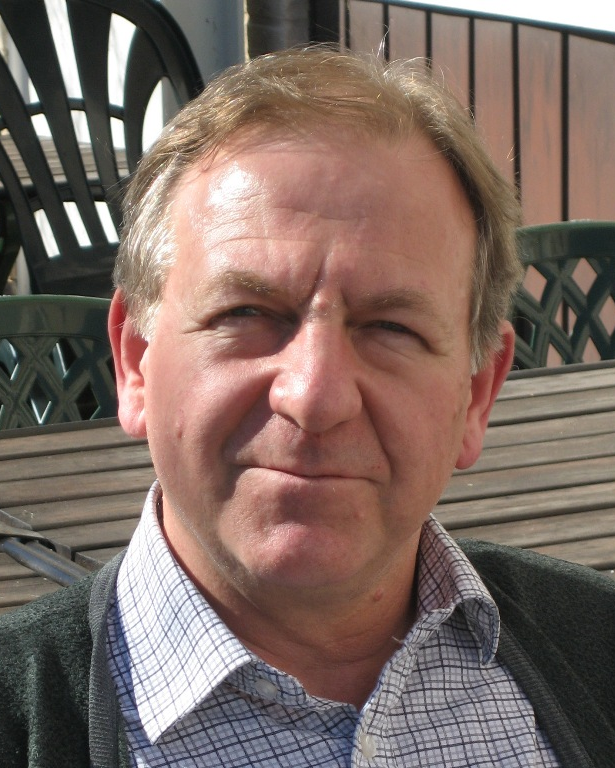SLU
Swedish University of Agricultural Sciences - Department of Aquatic Sciences and Assessment (SWEDEN)
REFERENCE PERSON:
Lars Lundin
WORKING TEAM:
Ulf Grandin
SLU develops the understanding and sustainable use and management of biological natural resources. This is achieved by research, education and environmental monitoring and assessment, in collaboration with the surrounding community. Vision: "SLU is a world-class university in the fields of life and environmental sciences." Research and education at our university spans the range from genes and molecules to biological diversity, animal health, sustainable forestry and food supply – and all in a healthy environment. We are also concerned with global phenomena such as the global warming.
A comprehensive view, interdisciplinary studies and applicability are the ethos of SLU’s research and education, and in our contacts with industry and society.
At our university you will find people with an ardent interest and devotion to their work, and who combine traditional knowledge with a pioneer spirit.
SLU’s knowledge is an important component in many things that people take for granted. Whether it is the food we eat, or the animals we either husband on our farms or love as pets, or the forests that we wander in - all are subjects of SLU’s attention.
SLU works with everything that grows, whether it is plants that provide us with food, give us income, or are just there to be beautiful.
The knowledge that we supply is essential to enable us to utilize our forests, our landscapes, our soil and our animals in a sustainable way.
This sustainable use will allow us to develop, and will also guarantee a good quality of life for our children and grandchildren.
The Department of Aquatic Sciences and Assessment is assessing the changes in environmental conditions in Swedish lakes and watercourses, and the underlying causes. Our work includes environmental monitoring and assessment, research, teaching, and laboratory analyses.
Our work seeks to describe, evaluate and inform about the status of the environment, how that status changes over time, and the causes of those changes. Most of the work is focused on assessing, in a catchment perspective, the aquatic ecosystem in lakes and streams. The department's efforts to define natural variability and better detect human influence are advancing our knowledge of how the environment varies in space and time. The breadth of expertise in the department allows for an interdisciplinary approach to the relation of water quality and the biota, as well as the coupling of catchment soils and land use to the situation in the aquatic environment. The environmental fate of organic pollutants and their effects on biota is another speciality.
External Assistance
- Grönbo Vattenkonsult AB (Reference person Per Viktor Mossberg)
- Swedish Environmental Research Institute - IVL ( Reference person Ulla Hageström)
They both manage, in different monitoring activities, the LTER Kindla site included in the EnvEurope project







